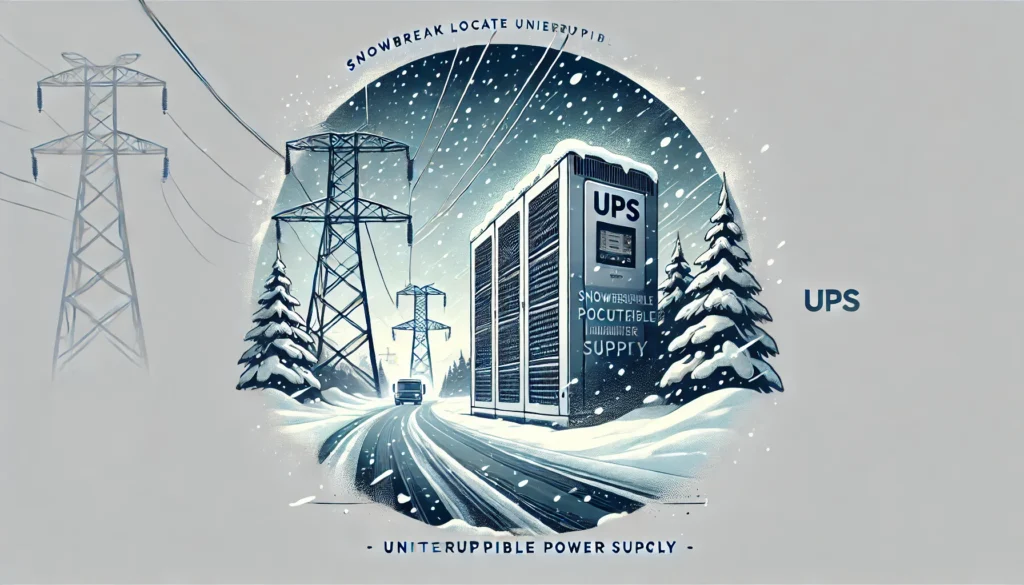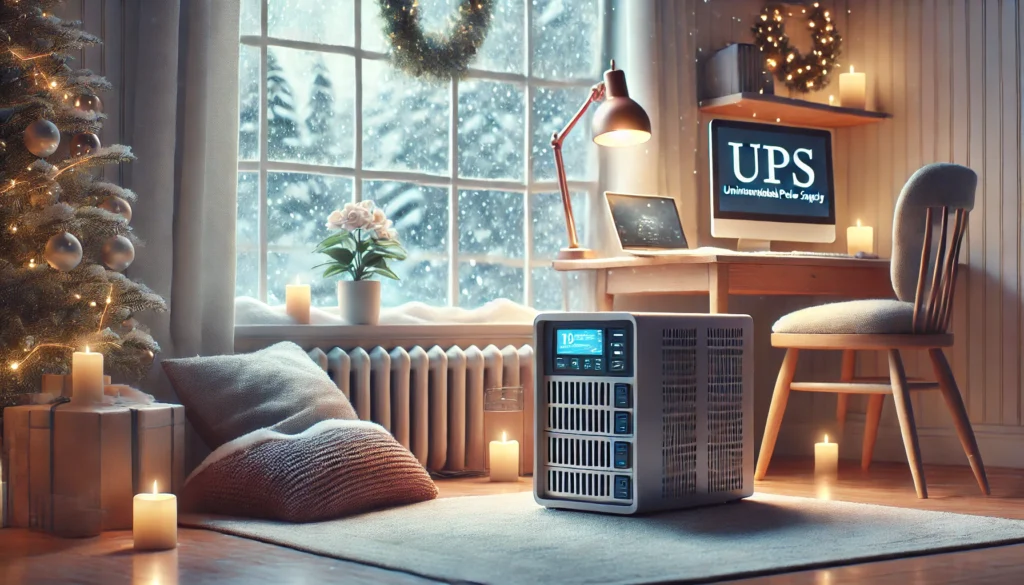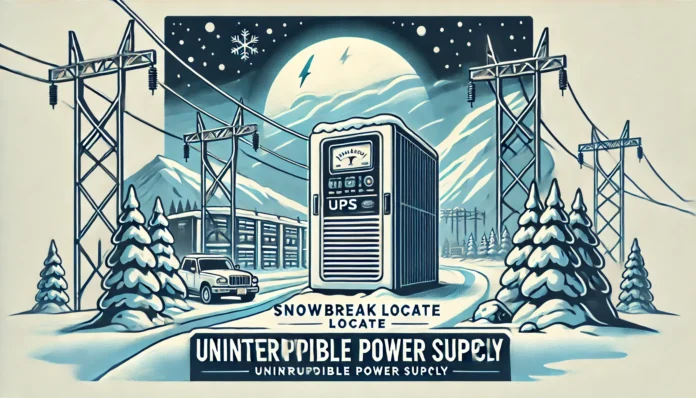In this modern World, uninterrupted power is very important for homes and businesses. Power cuts can stop work, damage machines, and cause data loss. This is where an Uninterruptible Power Supply (UPS) becomes extremely important. The term “snowbreak locate uninterruptible power supply” means finding and securing a UPS during extreme weather like snowstorms or cold seasons.In this blog, we will discuss the importance of UPS, its functionality, and practical tips for locating and using one effectively.
What is an Uninterruptible Power Supply (UPS)?
Uninterruptible Power Supply (UPS) is an electrical device which offers backup power when the main power cuts off. Unlike generators and solar systems, a UPS provides instant power supply. It is especially useful for important systems like computers, servers, medical equipment, and emergency lighting. UPS units also protect devices from voltage spikes and fluctuations, to ensure safety and consistent operation.
Types of UPS Systems
- Offline/Standby UPS: Activates only when power failure occurs. Suitable for home use.
- Line-Interactive UPS: Provides better protection and is ideal for small offices or networks.
- Online/Double-Conversion UPS: Offers the highest level of protection, used for data centers and critical operations.
How Does a UPS Work?
A UPS typically includes a battery, an inverter, and a control system. When power is lost, the UPS instantly switches to battery mode, providing power to connected devices. Advanced models also regulate voltage, ensuring stable power delivery during fluctuations.
Why You Need a UPS During Snowbreaks
Snowbreaks or heavy snowstorms often lead to power outages that can last for hours or even days. During such conditions, a UPS ensures continuous power supply for essential systems, helping you stay connected and safe.

- Maintains Connectivity: Keeps internet routers and communication devices running.
- Protects Equipment: Safeguards appliances from voltage fluctuations caused by weather-related power issues.
- Supports Critical Operations: Ensures that essential systems like medical devices or security systems remain functional.
Real-Life Scenarios
Imagine a family relying on medical devices during a snowstorm. A UPS can keep these devices running until power is restored. Similarly, businesses can prevent data loss by using a UPS to maintain server operations during outages.
How to Locate a UPS During Snowbreaks
Finding the right UPS during extreme weather can be challenging, but preparation and knowledge make it easier. Follow these steps:
Pre-Plan and Stock Up
Before the snow season begins, research and purchase a suitable UPS for your needs. Popular brands offer models with varying power capacities to match your requirements.
Check Local Retailers and Online Stores
During snowbreaks, nearby hardware or electronics stores may stock UPS units. Online platforms often have options for urgent delivery, though delays are possible due to weather conditions.
Use Backup Locations
If your usual source is unavailable, check backup locations like service centers, specialized UPS providers, or community support networks.
Regional Considerations
In areas prone to heavy snow, utility companies or disaster preparedness organizations may provide information or resources to help locate a UPS quickly.
ALSO READ: Malia Manocherian: Inspiring Visionary Leader and Innovator.
Tips for Using a UPS in Snowbreak Conditions
Using a UPS effectively during a snowbreak ensures maximum benefits and protection. Keep these tips in mind:

- Test Regularly: Run periodic checks to confirm that the UPS is functioning correctly.
- Charge Fully: Ensure the battery is fully charged before the snow season to maximize backup time.
- Prioritize Devices: Use the UPS for critical devices only to conserve power during extended outages.
- Monitor Temperature: Keep the UPS in a room-temperature environment to maintain optimal performance.
Troubleshooting Common Issues
- Reduced Battery Performance: Cold weather can affect battery efficiency. Keep the UPS in a warm, dry area.
- Overloading: Avoid connecting too many devices to prevent overloading the UPS.
- Frequent Alerts: Regular maintenance can help avoid false alarms or unexpected failures.
Preparing for the Snow Season: A Checklist
Stay ahead of snowbreaks by preparing early. Here’s a checklist:
- Assess your power needs and choose a suitable UPS model.
- Test the UPS to ensure it works correctly.
- Purchase additional batteries or accessories if needed.
- Keep a list of local and online UPS retailers for emergencies.
- Educate your family or team on using the UPS safely.
Conclusion: Prepare for the Unpredictable
A snowbreak locate uninterruptible power supply strategy is vital to ensure power continuity during extreme weather. By understanding the importance of a UPS, knowing where to find one, and following best practices, you can stay prepared for snowstorms and power outages. Investing in a reliable UPS system protects your devices and provides peace of mind when it matters most.

